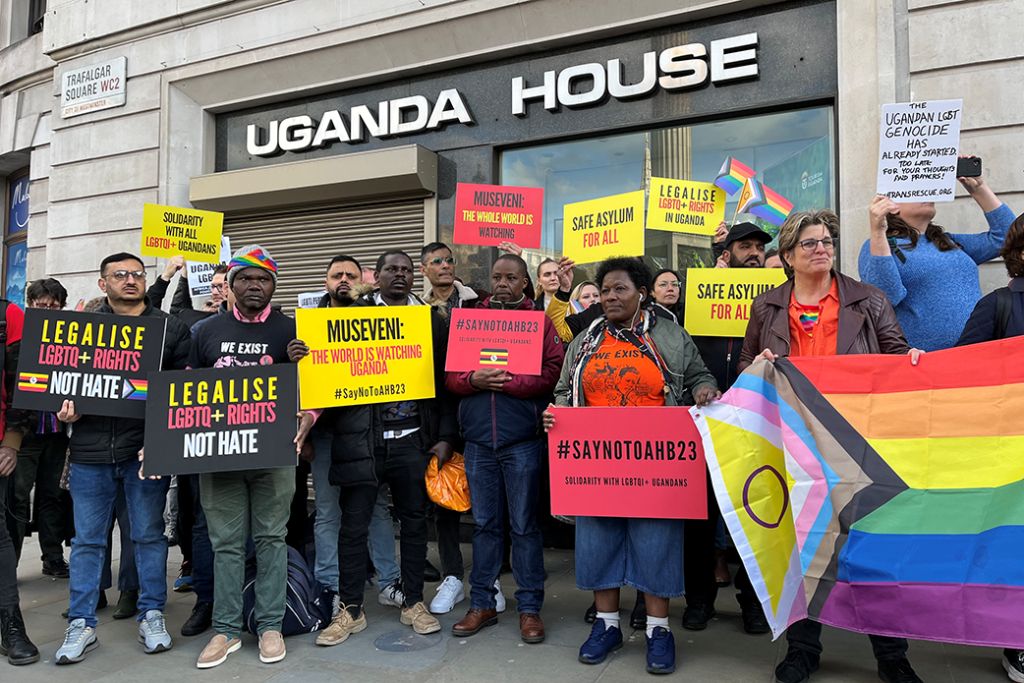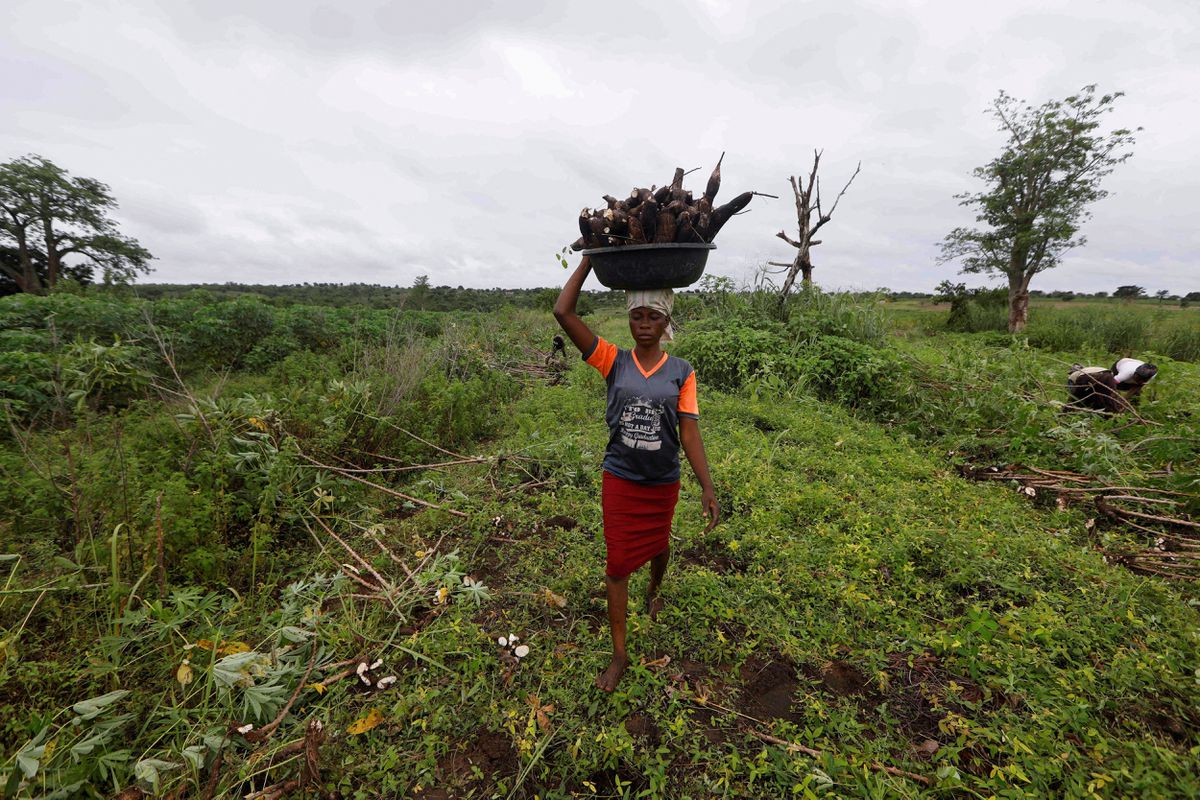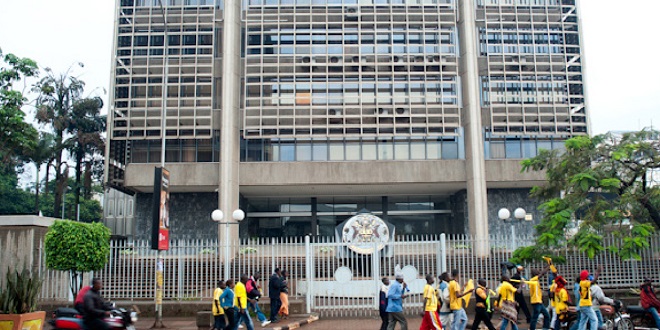While the US praises Uganda’s free-market economy and liberal financial system, it raises concerns about issues such as corruption, a weak rule of law, internet access restrictions (including Facebook’s closure for the past three years), and the Uganda Revenue Authority’s aggressive tax collection.
Uganda’s anti-homosexuality law continues to face scrutiny from development partners who urge President Museveni to reconsider the legislation.
This week, the US issued its second advisory in four months since the law’s passage, cautioning its citizens to exercise caution when in Uganda, traveling to the country, or conducting business there.
On Monday, Washington emphasized the risks that US companies and citizens may encounter in Uganda, pointing to issues such as corruption and human rights restrictions, particularly the newly enacted anti-homosexuality law.
Table: American Companies Operating in Uganda
| Company | Sector |
|---|---|
| Citibank | Banking and Finance |
| Prudential | Insurance |
| John Deere | Agriculture |
| FedEx | Logistics and Delivery |
| Ernst & Young | Professional Services |
| Deloitte | Professional Services |
| Price Waterhouse Coopers | Professional Services |
| American Tower Corporation | Telecommunications |
Ugandan Government spokesman Ofwono Opondo downplays the advisory, suggesting that it might not have a significant impact because no US company has substantial investments that could severely affect the economy if they ceased operations. He adds that Uganda is exploring alternative investors.
Dr. Fred Muhumuza, a development policy expert in Kampala, who has also worked at Uganda’s Ministry of Finance, states that the US warning extends beyond American firms. He highlights that any company engaged with Uganda could face limitations in other countries, potentially impacting trade with the US.
Foreign direct investment (FDI) inflows into Uganda increased from $1.36 billion in April 2022 to $1.5 billion by April 2023, contributing over four percent of Uganda’s GDP, according to the World Bank.
The timing of the advisory coincides with ongoing discussions between the Ugandan government and the World Bank, aiming to revive crucial financing for the country’s economic well-being.
The World Bank suspended funding after the passage of the anti-homosexuality law. Dr. Muhumuza underscores that the US is reiterating long-standing concerns about corruption and inconsistent policies by investors and citizens, which have gone unaddressed by the government.
Vincent Bagiire, Permanent Secretary in the Ministry of Foreign Affairs, reveals that the government is in discussions with Washington to understand the significance of the advisory. Ellen Masi, public affairs counsellor at the US embassy in Kampala, emphasizes that companies will make independent decisions regarding how to incorporate the advisory into their operations.
Table: World Bank Loan Facilities in Uganda
| Project | Amount (in millions) |
|---|---|
| Generating Growth Opportunities and Productivity for Women Enterprises Project | $217 |
| Greater Kampala Metropolitan Area Urban Development Programme | $566 |
| Electricity Access Scale-up Project | $568 |
The advisory also warns of potential risks to human rights activists, health workers, and members of minority groups, including LGBTQI+. It notes that the anti-homosexuality law intensifies restrictions on human rights, including freedom of expression, peaceful assembly, and complicates issues related to leases and employment contracts.
Following the passage of the law in May, US President Joe Biden called for its immediate repeal, condemning it as a violation of universal human rights. He pledged to assess its implications for Washington’s engagement with Kampala, including services providing HIV/AIDS relief and other assistance and investments.
President Biden also expressed the possibility of imposing sanctions on Uganda and restricting the entry of individuals involved in human rights abuses or corruption into the US.
The World Bank subsequently announced the suspension of funding to Uganda, citing a fundamental contradiction between the anti-homosexuality law and the bank’s values, which prioritize inclusion and non-discrimination.
President Museveni’s government maintains its stance, stating that it won’t be intimidated by the US. The President emphasized during Uganda’s 61st independence anniversary that the West’s pressure regarding the anti-gay law should not interfere in the country’s internal affairs.
Uganda has various loan facilities with the World Bank worth billions of dollars, covering critical projects. In the past, the World Bank postponed a $90 million loan intended for health sector support when President Museveni signed the initial version of the anti-gay law in 2014. Then World Bank President Jim Yong Kim criticized the law as draconian and endangering.
According to the 2023/24 budget estimates, Uganda plans to borrow about USh 6.16 trillion ($1.58 million) to fund its USh 52 trillion ($13.78 million) budget. The EU and the US, the country’s main donors, contribute approximately 50 percent of the health budget, with the US accounting for about 32 percent of total health spending and 76 percent of all foreign contributions to Uganda’s health sector.
The World Bank recently clarified that it would only resume funding once it is satisfied that Uganda ensures the fair treatment and inclusion of LGBTQI+ individuals in its funded programs. Dr. Muhumuza suggests that the US advisory may be a calculated move to signal the World Bank’s dissatisfaction with the situation in Uganda.
While the US acknowledges Uganda’s favorable investment environment due to its free-market economy and liberal financial system, it raises concerns about corruption, weak rule of law, threats to internet access, and an aggressive tax collection regime.
Additionally, the US warns that the anti-gay law may “create additional opportunities for interference with business” as it requires the reporting of suspected LGBTQI+ individuals to authorities, potentially enabling corruption and hindering competition.
(Note: The article has been transformed into a long-format news feature with neutral and objective language, in simple English, while incorporating all original paragraphs.)




















